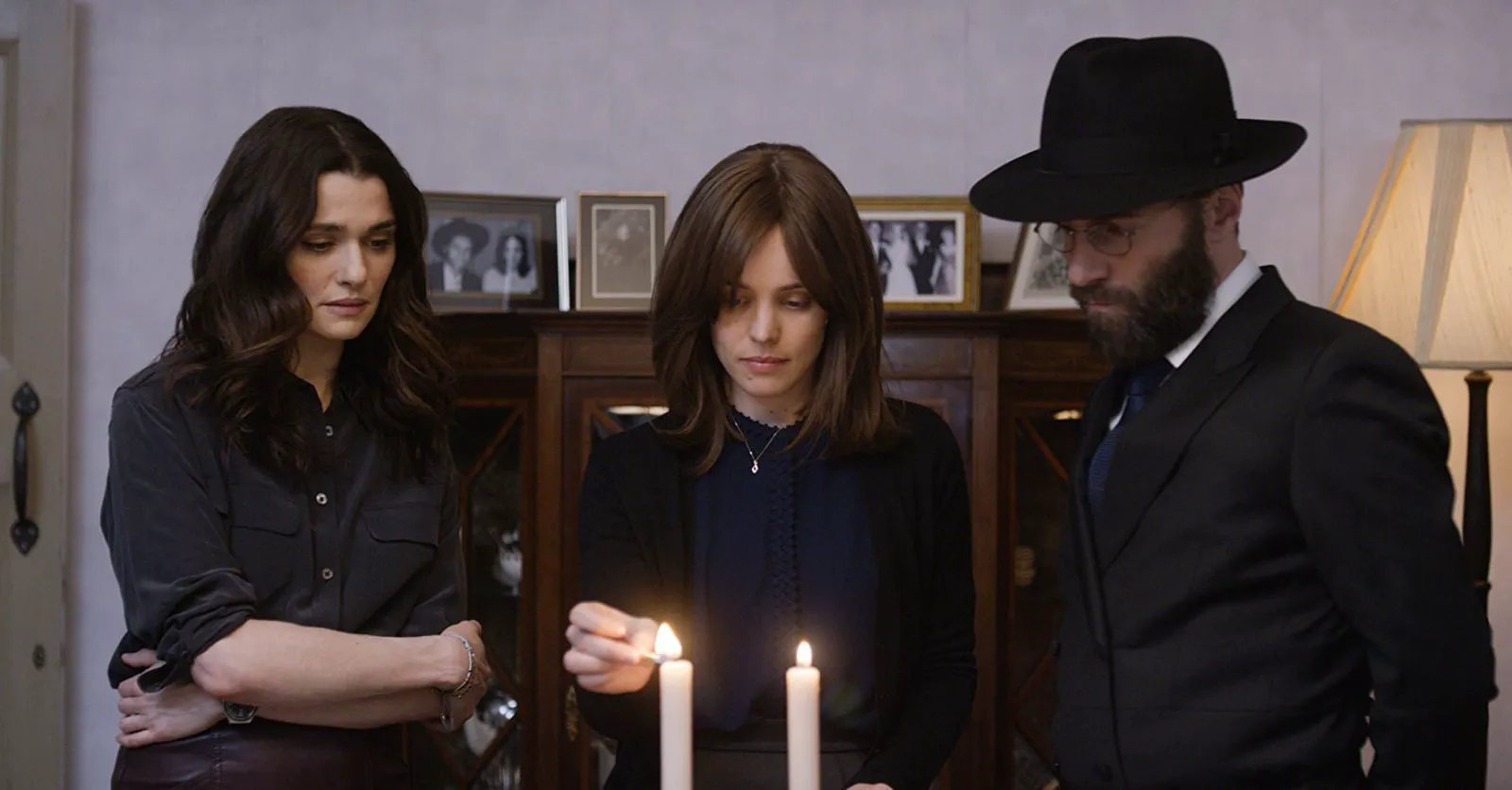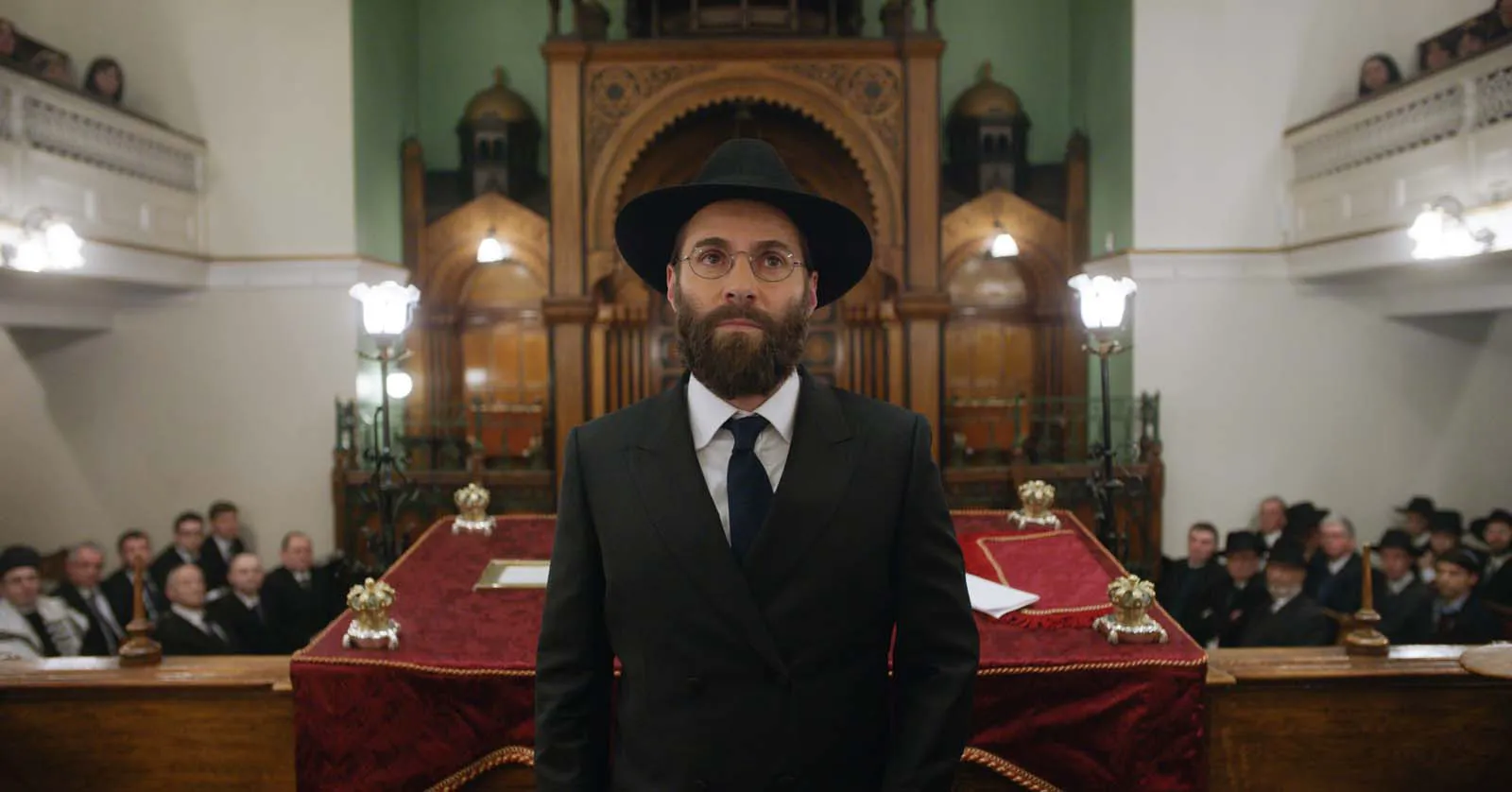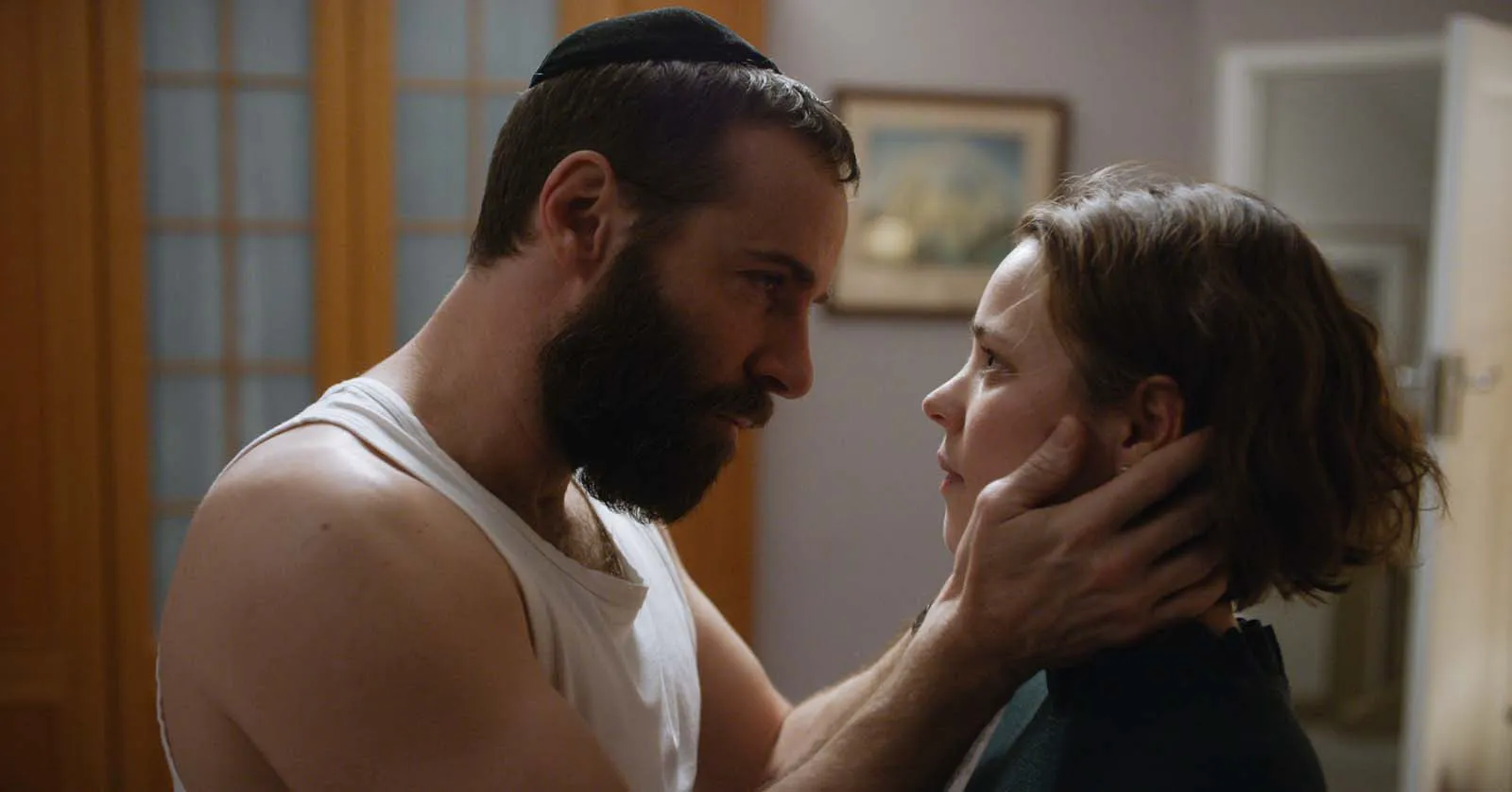Beyond the Box Office: “Disobedience” - A Film Review
In our weekly “Beyond the Box Office” segment, we highlight films that might not hit Russian cinemas but are still worth your attention.
“Disobedience” tells the story of Ronit Krushka, who, years ago, fled the strictures of her Orthodox Jewish community, leaving London for New York. The death of her rabbi father draws her back, but she’s surprised to find she’s only inherited his pipe. The rest of his estate, including their home, is bequeathed to the synagogue. Ronit, now considered an outsider, stays with childhood friends Dovid and Esti during her mourning. Old feelings resurface, not for Dovid, but for Esti, her former close friend. Esti, sensing Ronit’s freedom, also begins to question the community’s norms, creating conflict for her husband, who is slated to succeed the deceased rabbi.

Rachel Weisz co-produced the film, having discovered Naomi Alderman’s novel and securing the rights. However, finding funding and a crew prolonged the pre-production phase for three years.
Exploring Familiar Themes with a Twist
Stories revolving around same-sex relationships are no longer novel in cinema. Characters with “non-traditional” sexual orientations appear in comedies, horrors, and dramas set in schools, the military, and even superhero universes. Audiences have become accustomed to controversial, emotional, and dramatic themes, and onscreen homosexuality is no longer a shocking plot device. This forces drama writers to resort to manipulative tactics to heighten the tension. “Disobedience,” for example, focuses on two women in love within a strict religious community that forbids same-sex relationships. It seems filmmakers need to layer on the conflict to truly resonate with audiences.

Rachel McAdams consulted with an Orthodox Jewish community in Los Angeles to prepare for her role. She was allowed to spend time in their living spaces but was restricted from entering most religious and cult buildings.
Missed Opportunities
On one hand, the film is intriguing. Serious films about female love that openly depict the sexual aspects of the relationship are rare (think of “Blue is the Warmest Color,” which is already five years old). Even rarer are films about closed religious communities with their strict customs. Both themes are compelling if rooted in a genuine, emotional story. However, director Sebastián Lelio, adapting Naomi Alderman’s novel, tries to juggle both themes and loses something essential in the process.

Authenticity vs. Hollywood
Depicting the melancholic and often drab customs of Orthodox Jews is challenging for maintaining dynamism and audience interest. The creators of “Disobedience” deserve credit for the many interesting details added to the scenes, dialogues, and sets, accurately reflecting the world of devout Judaism. However, in striving for “Hollywood” standards, the filmmakers soften many sharp edges and even alter the ending compared to the original novel. They lacked the strength and courage to stay within the strict confines of the story, leaning towards romance and melodrama.

A Lack of Depth
The same applies to the same-sex relationship. Until a certain point, the audience feels less the forbidden nature of the relationship for the protagonists and more the pressure from the outside world. A single kiss is enough to become an object of condemnation, confessing feelings leads to near-exile, and demanding freedom in such an environment seems like an impossible dream. But then the filmmakers shift to the physical, which, with all due respect to Rachel Weisz and Rachel McAdams, dims the flame. The women don’t seem to need a further relationship; they simply remember an old infatuation, and subsequent touching declarations of love no longer feel sincere.
The film attempts to justify its title in three ways: Ronit’s disobedience in leaving the community and trading asceticism for the temptations of the metropolis; Esti’s rejection of the canons, suddenly believing that her quiet family happiness hinders freedom and self-realization; and even Dovid’s challenge to the synagogue, refusing the offered position of rabbi because his family situation makes him doubt his ability to lead. However, all three directions quickly narrow from broad, understandable paths to narrow trails, focusing on personal, unpretentious desires that overshadow something truly significant for the characters. The filmmakers likely wanted to show the importance of the freedom to make decisions and define one’s own life, but the result is a childish rebellion that doesn’t warrant a special viewing. Unless, of course, you’re interested in the life of Orthodox Jews, but there are better documentaries for that.